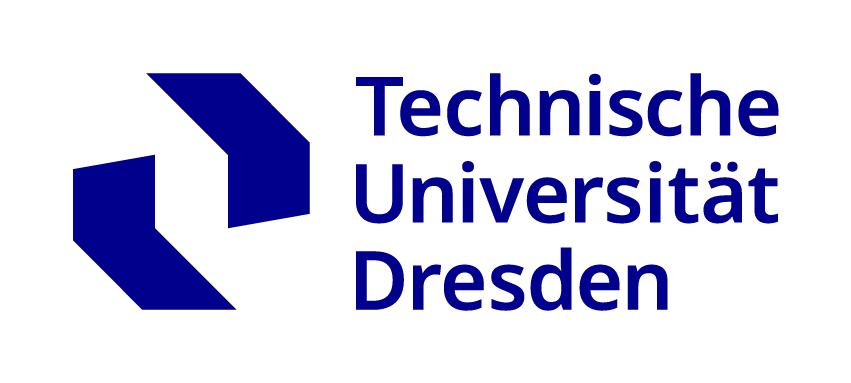Chair for Network Dynamics (Professorship)
Parent Units:Technische Universität Dresden (TUD)
German name: "Professur Netzwerk-Dynamik".
Contact
| web: | https://cfaed.tu-dresden.de/cfnd-about | |
| email: | ||
| phone: | +49 351 463-33846 | |
| fax: | +49 351 463-37297 | |
| postal address: | Technische Universität Dresden (TUD), Chair for Network Dynamics, 01062 Dresden, Germany | |
| office address: | Technische Universität Dresden (TUD), Chair for Network Dynamics, Zellescher Weg 17 (Room A110), 01069 Dresden, Germany | |
| partner: | Technische Universität Dresden | |
Expertise
This is a professorship created in 2017 to bridge theory with applications and to bridge Biology and Engineering with Applied Mathematics and Theoretical Physics. It is the first such cross-disciplinary Chair on Network Dynamics in Central Europe.
Networks are all around you ...
and most of them are dynamic. From the social networks of your friends and colleagues to the neural circuits in your brain that help you think (we hope); from the traffic networks that brought you where you sit and the electricity grids that power your laptop to the internet that enables you to read this page; all of these systems form networks of units that interact in multiple ways to yield complex, emergent forms of dynamics and function – and all are essential to our everyday life.
Understand, Predict, Control.
In the Network Dynamics team, we aim for a unifying understanding of the fundamentals underlying the collective dynamics of large, nonlinear interconnected systems. The first goal is to reveal general principles crucial for specific forms of functional or dysfunctional states in such networks to then often predict or control them. Systems and topics studied include
- neural circuits in the brain,
- principles for bio-inspired computing,
- flexible and networked mobility,
- future-compliant power grids,
- and systemic sustainability.
This large variety finds a common ground through common collective dynamical phenomena such as
- synchronization,
- spreading,
- and transport,
- growth,
- restructuring,
- and adaptation
and broadly applicable concepts identified and methods developed, e.g.,
- solutions to network inverse problems, specifically network reconstruction from dynamics,
- microscopic analysis (single links, single events and single realizations matter),
- analysis of collective flows of transported matter, energy, or information,
- and stochastic analysis beyond mean field theories.
From Biology and Engineering to Theoretical Physics & back
We often identify novel collective phenomena, puzzling questions or apparent paradoxes in networks in Biology or Engineering and first try to mathematically isolate and theoretically understand basic mechanisms underlying them. We then feed back to the original setting or system to further advance knowledge about their specific dynamics and function. Thus a substantial part of our work is investigating emergent mathematical objects and developing conceptually new perspectives as well as computational tools necessary to understand the phenomena arising in network dynamical systems.
Affiliations
Parent Units
| name | type | actions |
|---|---|---|
| Center for Advancing Electronics Dresden (cfaed) | Center | |
| Institute of Theoretical Physics (ITP) | Institute |
Last Update
Last updated at: 2017-10-19 07:14 CEST

